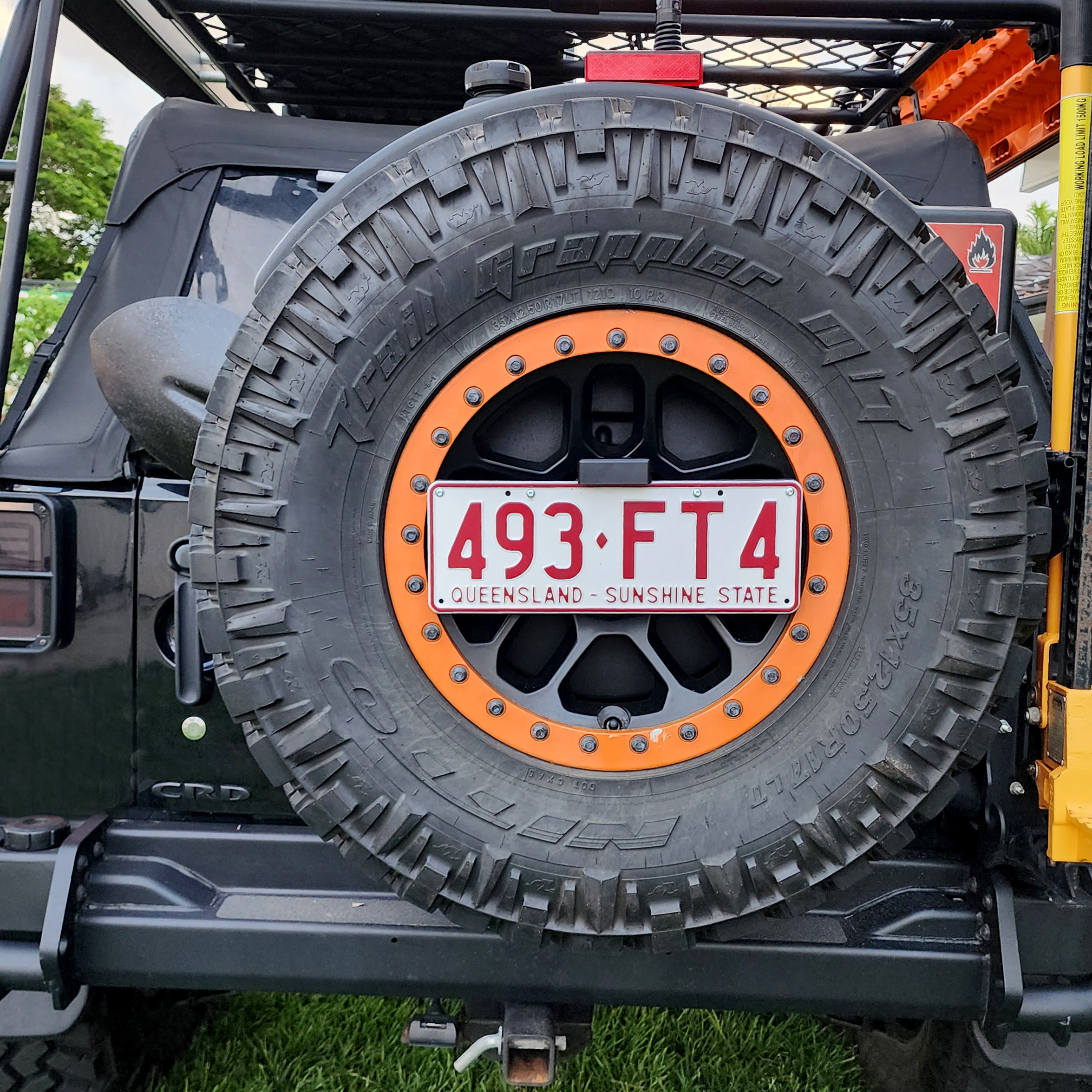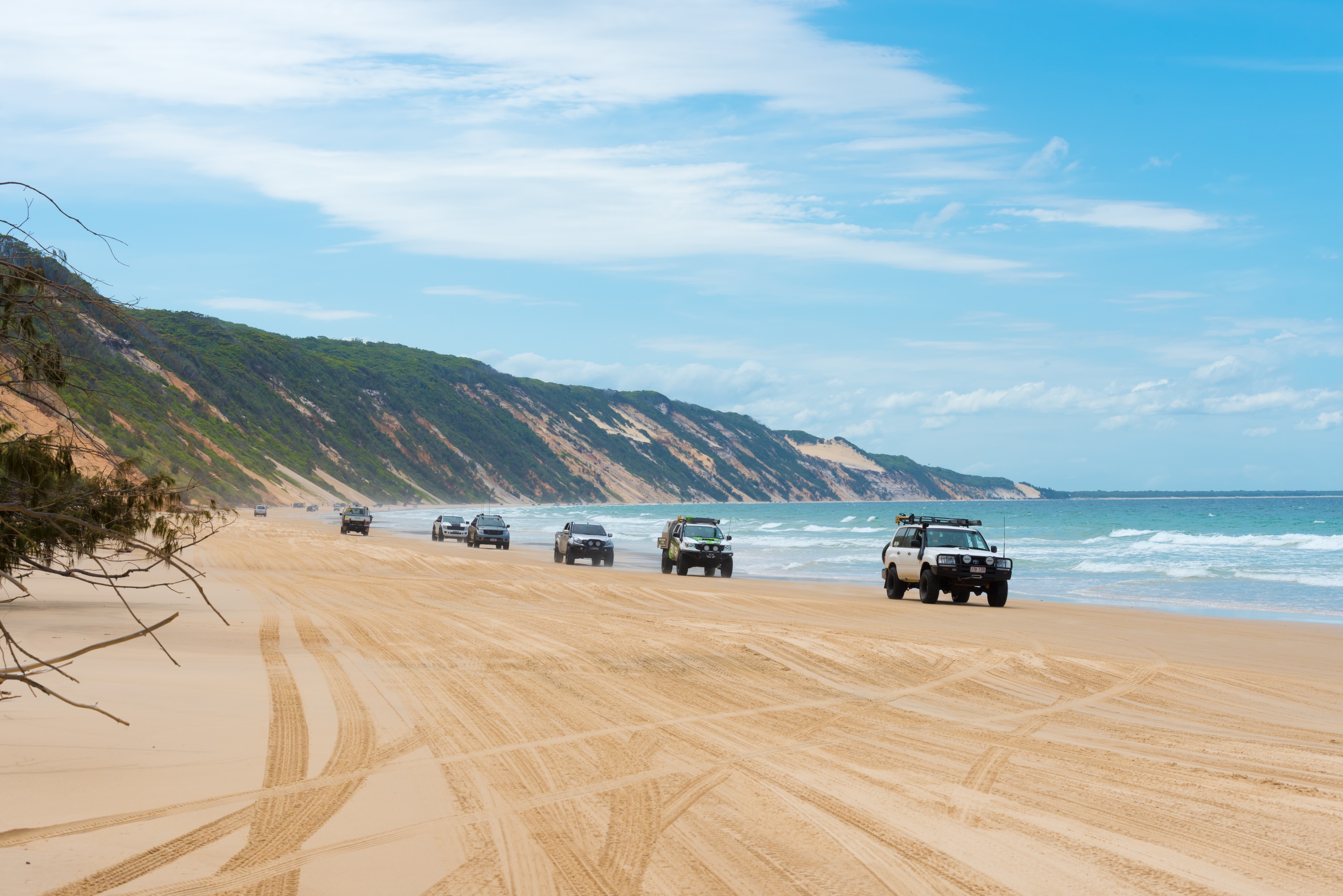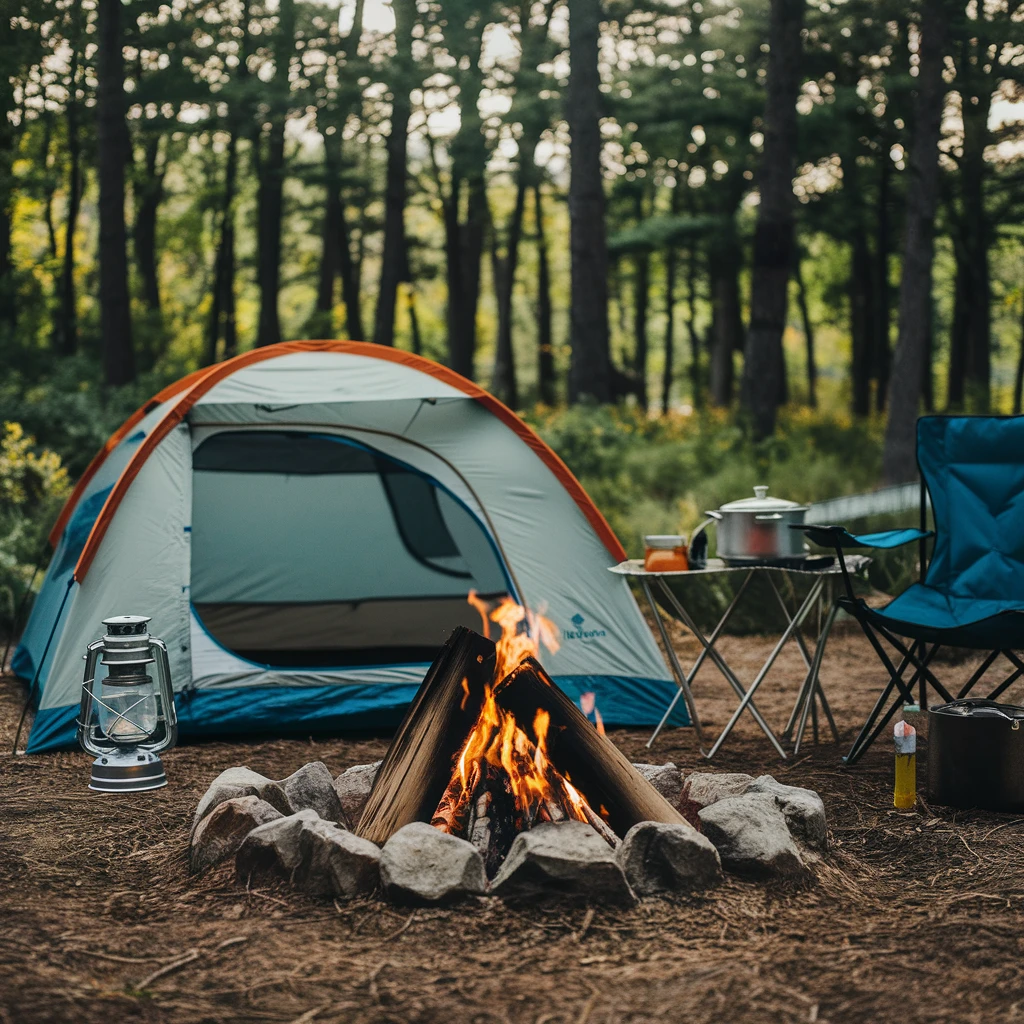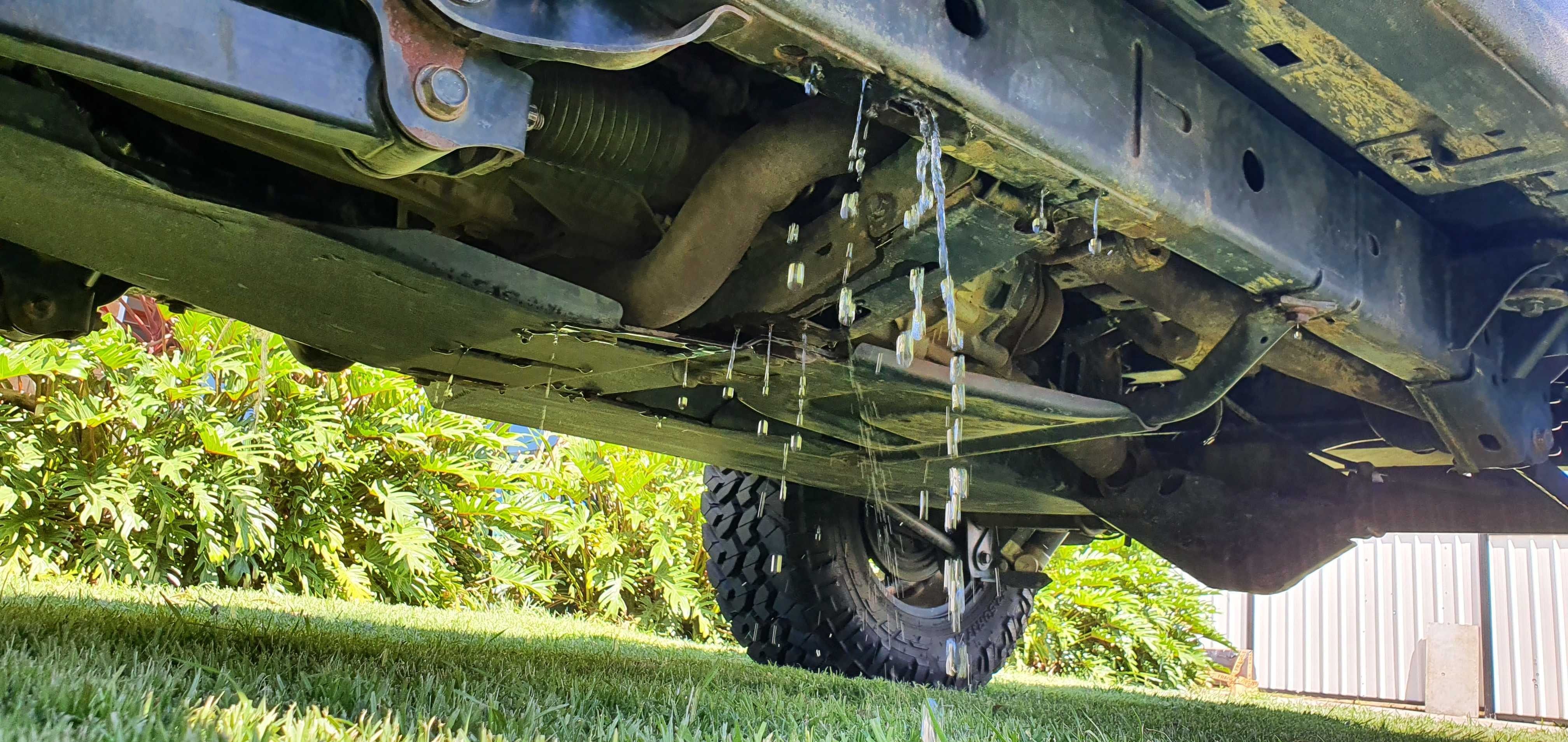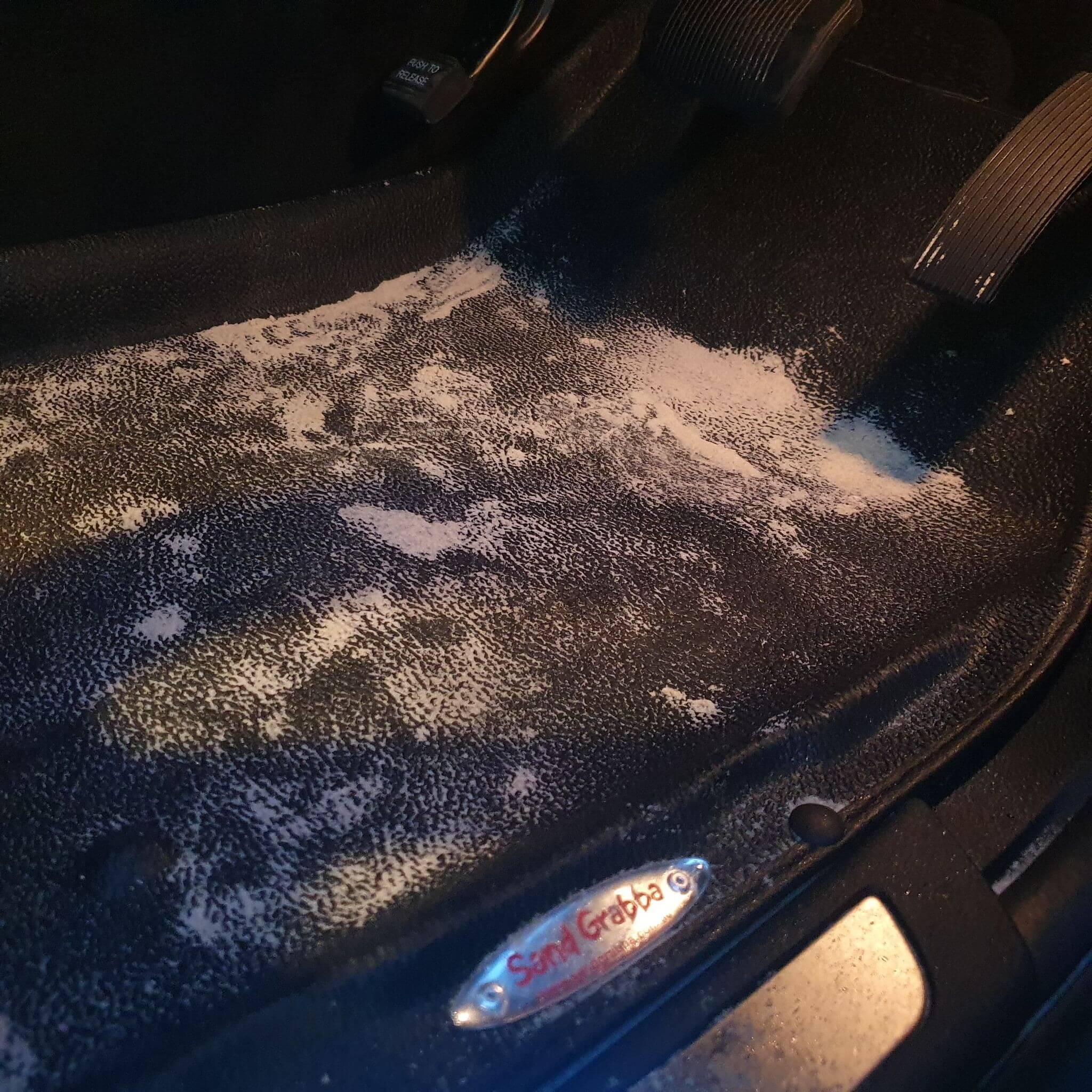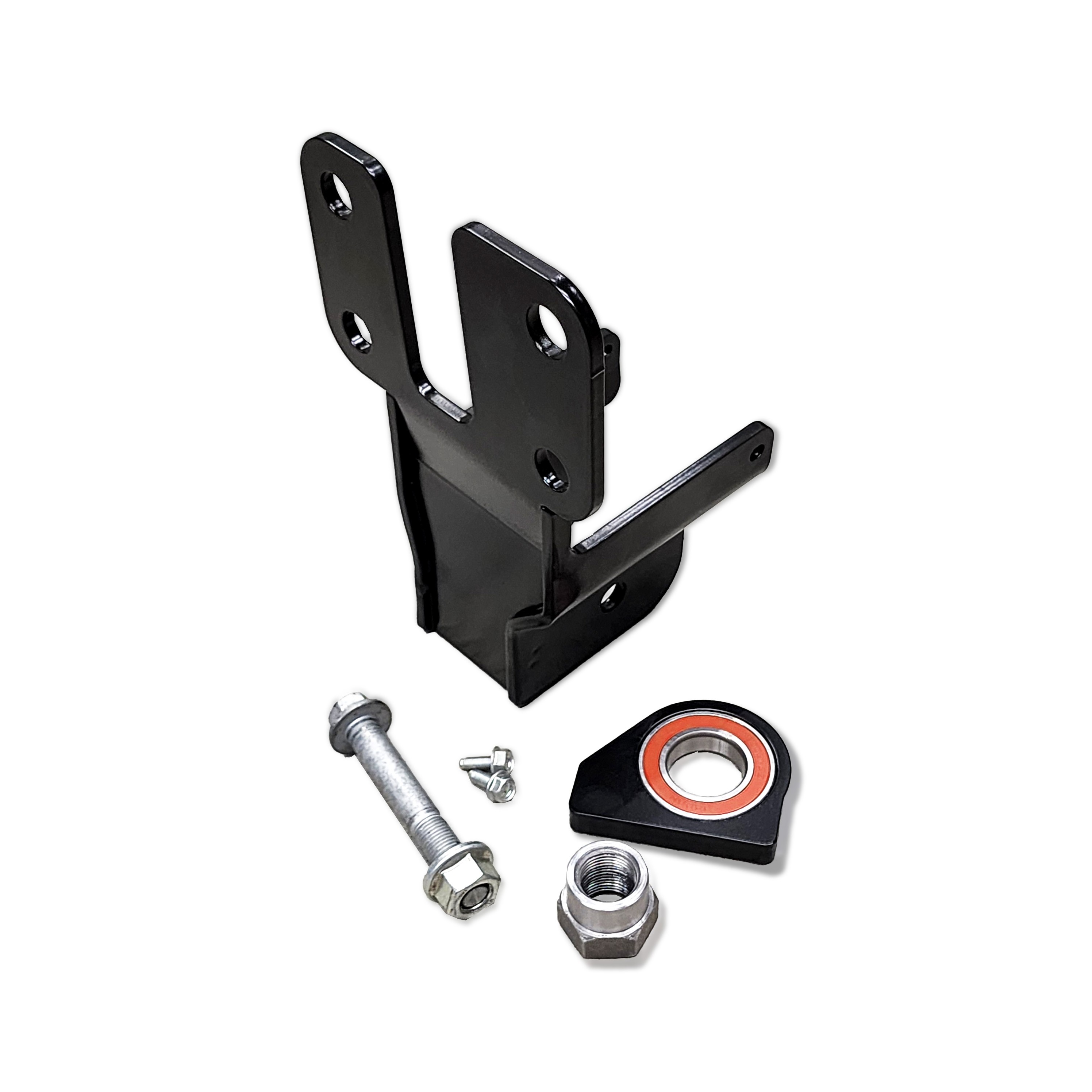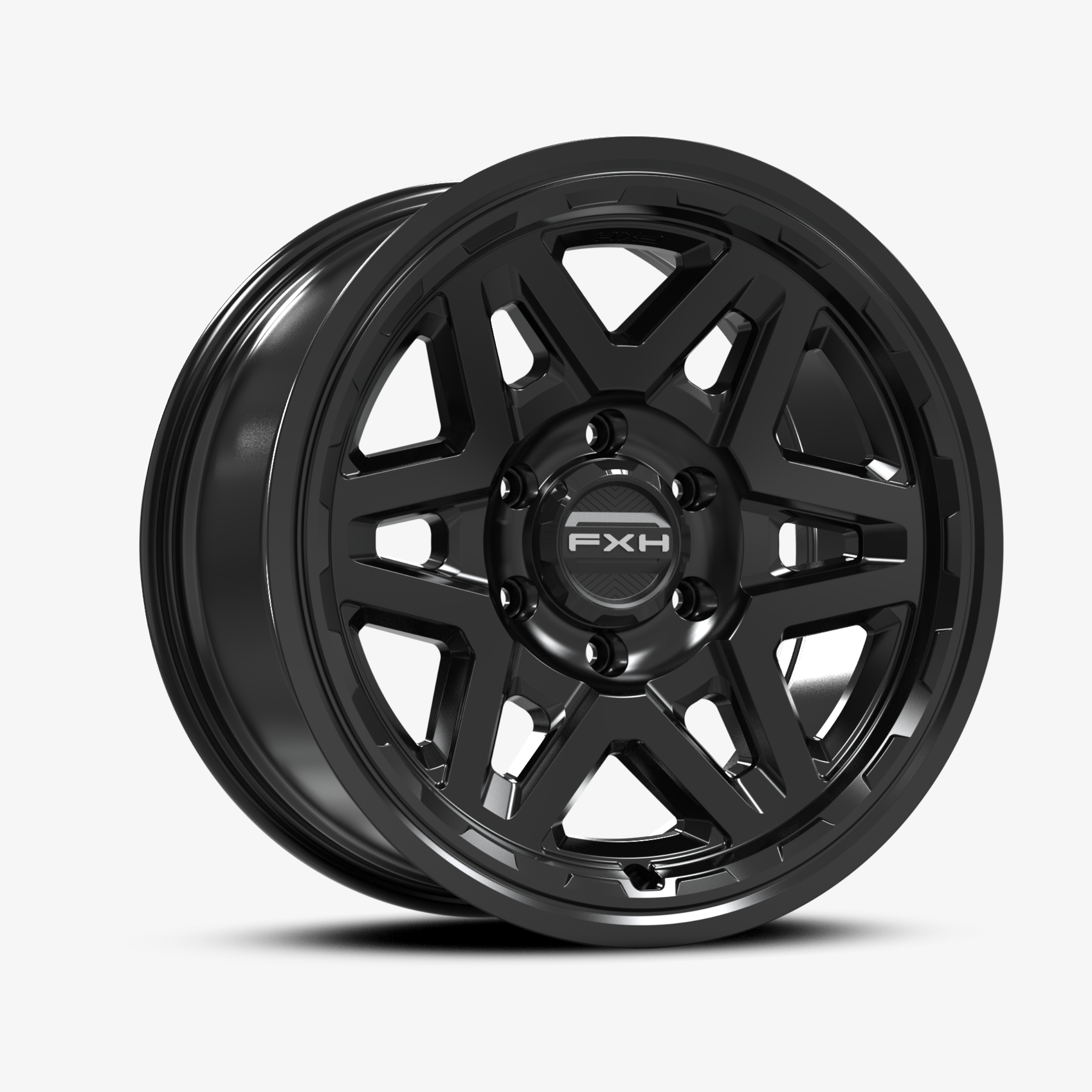Self Sufficient Camping - The Freedom To Roam
Of course if you’re going to make the most of your time away you don’t want to be heading back to town every day to stock up on essential items, or – even worse – to spend the night in a hotel. What you want is to be as self-sufficient as you can be, so you have the freedom to roam anywhere you want without worrying where the nearest fuel stop or supermarket is. That means having all the essentials – and any luxuries you like to have along – available in your vehicle, in large enough quantities to last you for at least several days.
Of course what you count as essentials is a personal choice. Some people won’t enjoy being outdoors unless they have fresh fish for their barbie every night; others are happy with a swag, some spare diesel and a case of VB. There are a few basics though, and everybody who’s planning a long touring trip needs to be on top of them before they lock their house and climb into the cab.
Power
Comfortable camping depends on power. Fuel for your vehicle is an obvious requirement, and most outdoor enthusiasts have that well taken care of with long range tanks or a rack of jerry cans. You need power for all sorts of other stuff too, though. Radios, lights and fridges all need electricity. You’ll want to be able to keep your phone, tablet or GPS charged. The most obvious source of electricity is the vehicle, but what happens if a device malfunctions and drains your battery? Consider going to a dual battery setup; it’s a lot more reliable and can help you out of some sticky spots. Solar panels are also a great option. They can keep your batteries charged while you’re stopped, and a lot of devices can run directly from them.
Generators are also an option. A lot of us are familiar with the old style of noisy, smelly monsters, but modern technology means there are a lot of compact, efficient power units out there that will run away quietly and give you all the power you need. They’re great for running lights – solar power isn’t the perfect option there – as well as luxuries like portable showers.
Don’t forget cooking either. A camp fire is always fun, but in some areas it’s hard to find a reliable supply of wood for cooking. A good gas stove is a lot more dependable. There are limits on how much you can carry though, so choose certified tanks that give you a safe, easily refilled supply.
Shelter
Even in the best weather it’s nice to have a sheltered space to relax or sleep in. In fact on sunny days a patch of shade is one of the most welcome things you’ll find. All sorts of shelters are available for touring, from simple swags to luxury caravans, but one of the most useful is a vehicle mounted awning. These bolt to your roof bars and can be set up in minutes, meaning that even at the shortest stops you can create a shelter to keep the sun or rain off as you stretch your legs. Add a tent set, with easily attached walls and groundsheet, and you have a fully enclosed space for sleeping in comfort.
Roof tents are another good option, especially in areas with inquisitive wildlife. They’re rarely as spacious as an awning though, so it’s a trade-off. If you like to have more room to spread out in the occasional nose nudging the walls at 3am might be a small price to pay.
As well as your shelter itself don’t forget all the other stuff you’ll need for a comfortable night out. Modern camp cots fold up small but let you sleep a lot better than you will lying on the ground. Air mattresses are good too. Because you’re travelling by vehicle you can also afford luxuries like pillows.
Water
A lot of Australia’s most spectacular landscapes are also pretty dry, and water supplies are a life or death issue. Always make sure you have at least a gallon a day for each person in your party and that as well as enough to reach your next planned refill stop you have a decent reserve as well. You’ll need water for drinking, cooking and washing, but it’s heavy. Sturdy jerry cans are ideal transport containers. For more flexibility look at Lifesaver Australia’s range of filter equipment; this lets you collect water from just about any source and turn it into fresh, pure drinking water.
Food
Food isn’t quite as urgent as water, but you’ll still get pretty uncomfortable without it. When choosing food pick stuff that’ll travel well. If you have a fridge you can take fresh meat with you, but make sure the temperature in there stays low enough for safety. Dehydrated food saves weight but on the other hand needs a lot of water to prepare, so you might want to save on the cost and go with tins instead.
There are a few ways you can save time and money by doing a bit of preparation at home. Precooked meals will last for a few days in a fridge, and much longer in a freezer compartment. Chilli, pasta sauce and curry all freeze well, and can be easily reheated while you boil water for pasta or rice. Consider vacuum sealing food as well; it increases the lifespan of a whole range of fresh food including meat and vegetables.
There are plenty more things you might want to take with you, from a TV and satellite dish to fishing gear or a surfboard; whatever you enjoy and can fit in the vehicle, go for it. Take care of the basics, though, and you’ll be able to get away from it all without feeling tied to the town.

